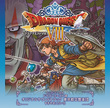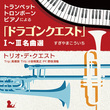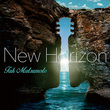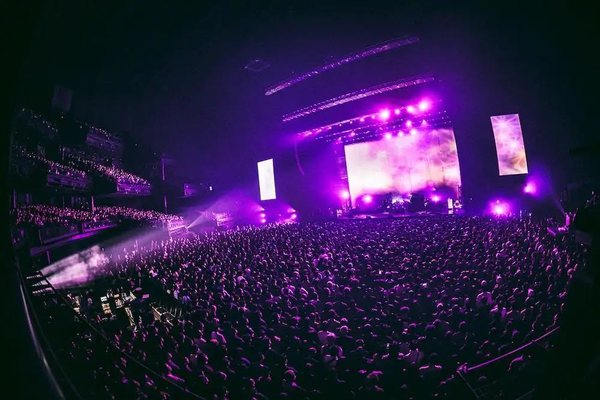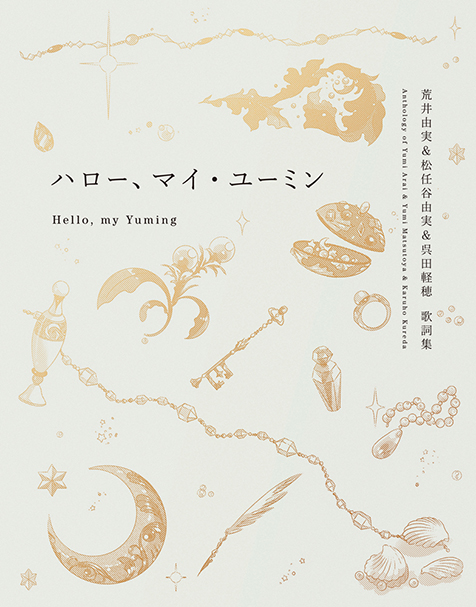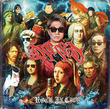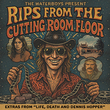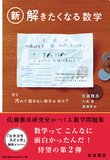Koichi Sugiyama
"Dragon Quest X Inishie no Ryu no Densho
(eng."Lore of the Ancient Dragon") Original Soundtrack"
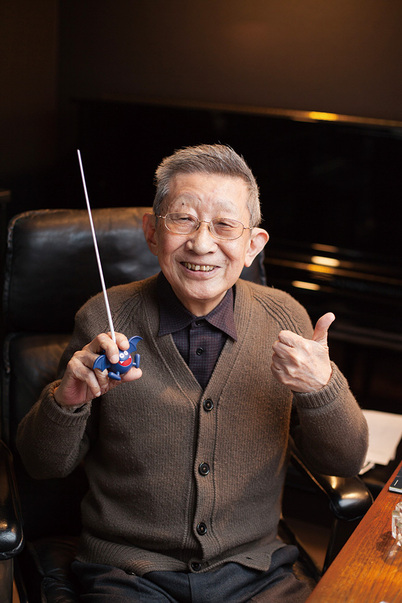
Dragon Quest celebrates its 30th anniversary.
The beginning of a new legend!
Ever since the very first release of the legendary series in 1986, [Dragon Quest] from Square Enix Co., Ltd. has reigned as one of the most popular game series in the business with every single release serving as a huge force of traction for the entire games industry. Named as member of the production team ―together with the game designer (developer) Yuji Horii and Akira Toriyama (manga writer and game artist best known for the Dragon Ball series) who acts as the character designer of the whole series― is one of the most prominent composers of Japan, Koichi Sugiyama. Sugiyama is famously known as the planner and director of the famous TV show, [The Hit Parade] (aired from 1959 to 1970)―the show that is said to have ultimately laid the foundation for pop music shows to follow― and also as the mastermind behind the hits from popular groups acts such as The Tigers or The Peanuts while also contributing to numerous TV commercial, animes and film scores. Sugiyama kindly game us some comments and answered some of the questions we had that probably many fans would have been eager to hear.
――You are known to have made history in the game music world. There probably isn’t anyone who doesn’t know that catchy ‘overture’.
“That ‘overture’ came to mind in a flash, and as you say, even if only the first 2 beats were heard in a commercial or something and the rest is overlapped by narration, it is a tune that leaves a very strong impression I must admit (laughs). From the very beginning when I started with [Dragon Quest I], I have been composing every single piece with the image of the melodies being played by an orchestra in my mind. From delicate tunes to deep and bodily sounds, the sound of an orchestra is the almighty musical instrument that has the versatility of accommodating any kind of situation within a game. In the days of the Nintendo consoles (NES), it was a challenge to boil down sounds that were created from the image of an orchestra into 2-tracks that were usable on PSG sound sources. (The 3rd track was reserved for sound effects purpose). Nowadays, the quality of sounds that are reproducible on game consoles have improved dramatically, so now I can write the scores for an orchestra from the very beginning, and, as much as possible, have the actual recordings that were played by the orchestra be used on the games.
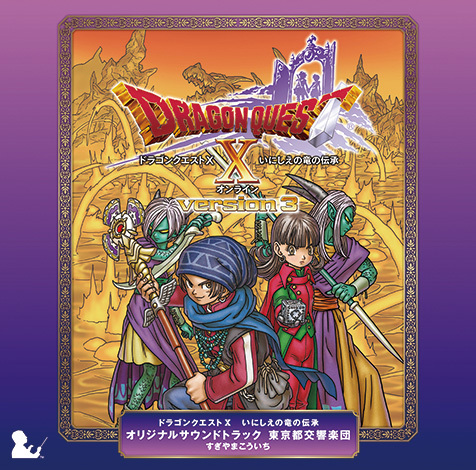
――The soundtrack of the “Lore of the Ancient Dragon" ―positioned as the additional release to the [Dragon Quest X]― to be released in March is a wonderful collection that compiles many classic tunes from past releases of the series. “Catastrophe” (from II) that is reminiscent of an intense dance piece in ballet dancing or “Tatakai no Toki (Gruelling Fight)” (from III) that sounds as if it were played in the background of a Hollywood spectacle, the Western-ish nostalgia-filled “Chihei no Kanata e (Toward the Horizon)” (from V) and “E-ge kai ni Funade shite (Ocean Waves)” (from VI)… all these pieces are filled with expressions so different to each other.
Game music may be more similar to music for ballet than to opera music. It’s not that I am influenced by any specific composer in particular. When I write, I take 3 separate methods, taking into consideration the situation or scenario behind the scene and the distinct features of each character. For instance, for a piece that is accompanied with a background of a building like a castle, I would make it baroque, or when I want to depict intense emotions or willpower, I would write it in romantic style. Or, if it were with the boss of the enemy or strong villain, I may take a more modernistic approach… Apart from those, I also would set a principal ‘motif’ for the situations, and would develop the pieces around them ―for example, if I had a motif for ‘evilness’, I would carefully build the music around the motif if it were scenarios with a devil or the archenemy.
――And this year 2016 again, you have more than 23 concerts scheduled in venues across the country to play the Symphonic Suite “Dragon Quest” with many prestigious orchestras including the Tokyo Metropolitan Symphony Orchestra.
It’s not much different from performing music written for ballet or opera in orchestral concerts. And it’s not like putting together a suite by making arrangements to game music, but actually, it’s like putting the music back to its natural state. As a conductor, I always stand on the stage thinking that the orchestra in front of me is actually one big musical instrument, and I am there to play it.
――I understand the latest will be a joint release between several new works; an anthology of selected pieces from I~III by Trio De Quest (a trio of the trumpet, trombone and piano), the soundtrack of [Dragon Quest X: Lore of the Dragon] by Tokyo Metropolitan Symphony Orchestra and the soundtrack of the Nintendo 3DS version [Dragon Quest VIII: Journey of the Cursed King]. You also have a number of events related to the 30th anniversary of the game lined up. What do you think was the key for having this series loved so much and being successful over all these years?
One thing must be the sound and unswayed stance of Yuji Horii, the developer of the game. Once he decides on something, he sticks to it, and there was never a time he would change a design or the music in the middle. That is precisely why I am able to lay my definite trust in whatever he decides to do. I am currently in the middle of working on the music for the newest of the series, [Dragon Quest XI]. Yuji Horii’s vision this time is to do everything from scratch as if starting completely anew. He’s requesting the music for everything starting from the major towns, villages to the sites and fields to be brand new. So to be honest, it’s a bit tough this time (smiles).


